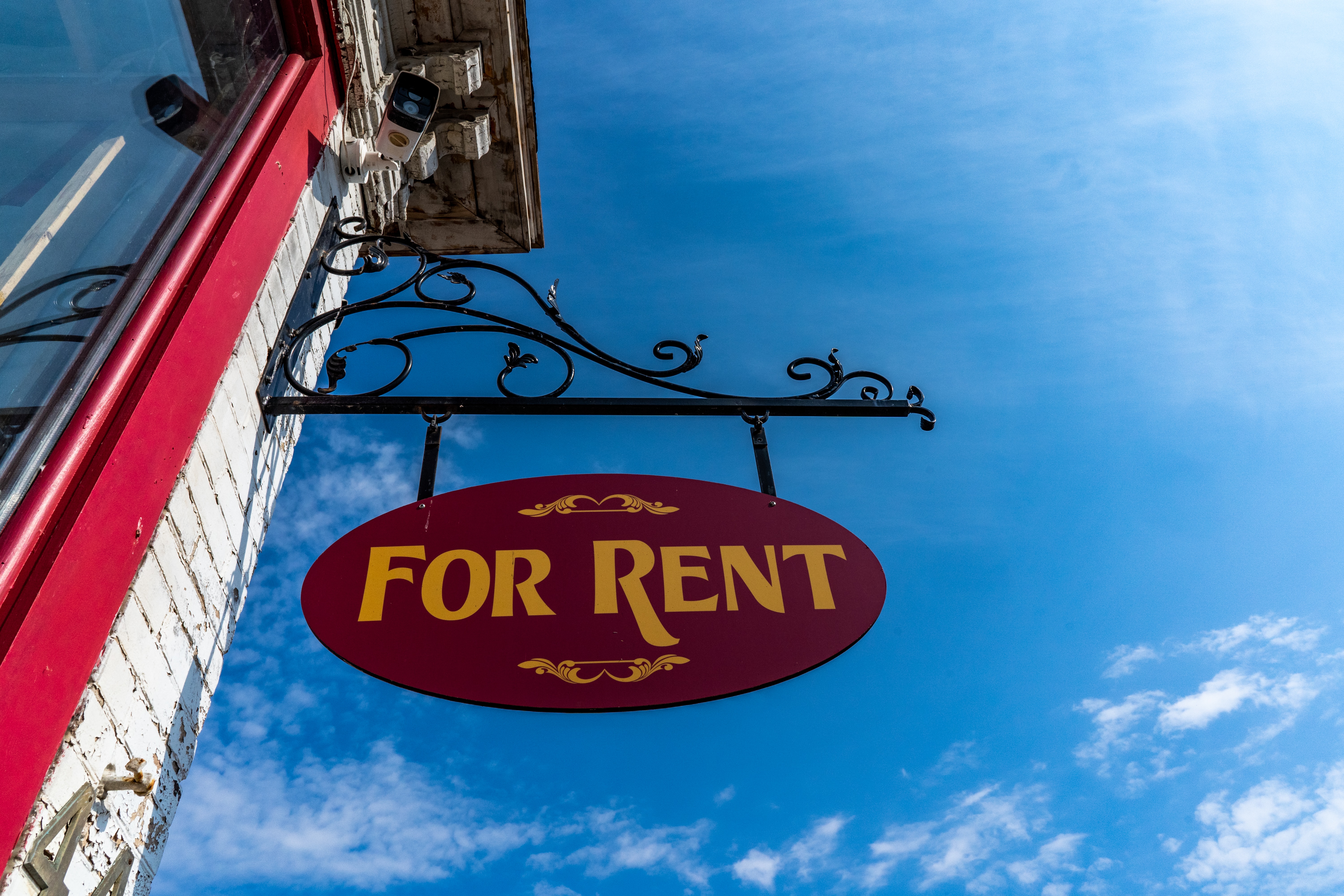Real Estate Finance
Leveraging Depreciation Deductions on Rental Property
As a savvy real estate investor, understanding and strategically utilizing depreciation deductions is key to optimizing your returns on rental properties. Depreciation allows you to recover the cost of an income-generating asset over time, providing a valuable tax advantage. In this article, we'll delve into how you can effectively use depreciation deductions on rental property to enhance your financial outcomes.
Understanding Depreciation: A Brief Overview
Depreciation is a tax deduction that acknowledges the wear and tear, deterioration, or obsolescence of a property over time. While land doesn't depreciate, the building and any eligible improvements can be depreciated. The IRS sets specific guidelines for determining the depreciable life of different types of property.
Steps to Leverage Depreciation Deductions:
1. Determine Depreciable Property
Identify components of the rental property eligible for depreciation, including the building, appliances, and improvements. Land is not depreciable.
2. Know the Depreciable Periods
Understand the IRS guidelines for the depreciable life of various assets. Residential rental properties are typically depreciated over 27.5 years, while commercial properties over 39 years.
3. Choose the Right Depreciation Method
Decide between the two primary depreciation methods: Straight-Line Method and Accelerated Depreciation (MACRS). The latter front-loads depreciation, providing larger deductions in earlier years.
4. Consider Cost Segregation
Explore cost segregation studies, which allow you to accelerate depreciation by identifying personal property components that can be depreciated over shorter periods.
5. Document Property Improvements
Keep detailed records of any improvements made to the property, as these can often be depreciated separately over shorter periods than the overall building.
6. Utilize Bonus Depreciation
Take advantage of bonus depreciation if available. This allows you to deduct a larger portion of the property's cost in the year it is placed in service.
7. Stay Informed About Tax Code Changes
Be aware of any changes to tax laws that may impact depreciation rules and deductions.
Benefits of Leveraging Depreciation Deductions:
Reduced Taxable Income: Depreciation deductions reduce your taxable income, potentially moving you into a lower tax bracket.
Increased Cash Flow: The tax savings from depreciation can be reinvested into the property or used for other investment opportunities.
Wealth Accumulation: Leveraging depreciation allows you to build wealth by minimizing current tax liabilities and preserving cash for future investments.
Smart Investing with Depreciation Deductions
Effectively using depreciation deductions on rental property is a powerful strategy for real estate investors. By understanding the rules, choosing the right depreciation method, and exploring additional opportunities like cost segregation, you can maximize your returns and enhance the overall profitability of your rental properties. It's essential to stay informed about tax regulations and work with tax professionals to ensure compliance and optimal financial outcomes.




